We've found 467 matches for your search. Order by
Results
-
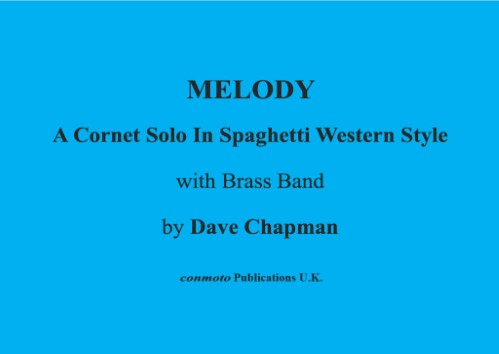 £27.50
£27.50MELODY (score & parts) - Chapman, Dave
If you require further information on MELODY (score & parts), please
In Stock: Estimated dispatch 1-3 working days
-
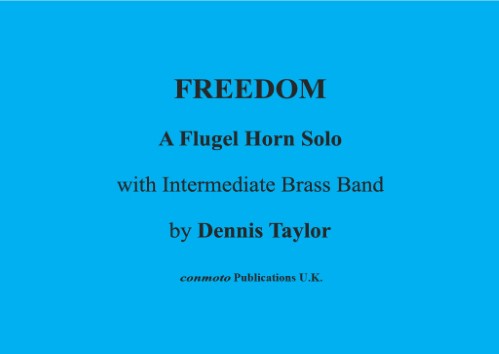 £8.50
£8.50FREEDOM (score) - Taylor, Dennis (1925-2021)
If you require further information on FREEDOM (score), please
In Stock: Estimated dispatch 1-3 working days
-
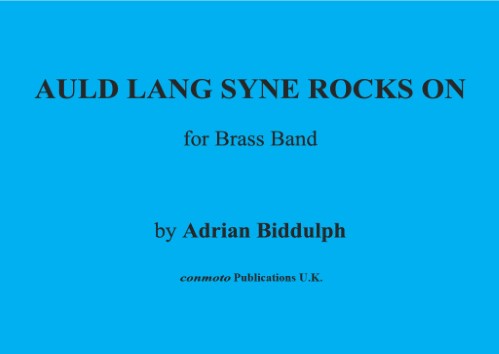 £8.50
£8.50AULD LANG SYNE (score) - Traditional
If you require further information on AULD LANG SYNE (score), please
In Stock: Estimated dispatch 1-3 working days
-
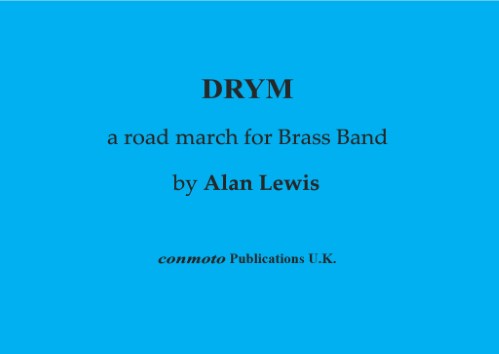 £22.95
£22.95DRYM (score & parts) - Lewis, Alan (1948-2013)
If you require further information on DRYM (score & parts), please
In Stock: Estimated dispatch 1-3 working days
-
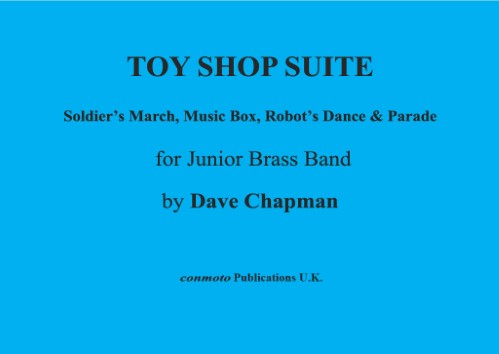 £11.50
£11.50TOY SHOP SUITE (score) - Chapman, Dave
If you require further information on TOY SHOP SUITE (score), please
In Stock: Estimated dispatch 1-3 working days
-
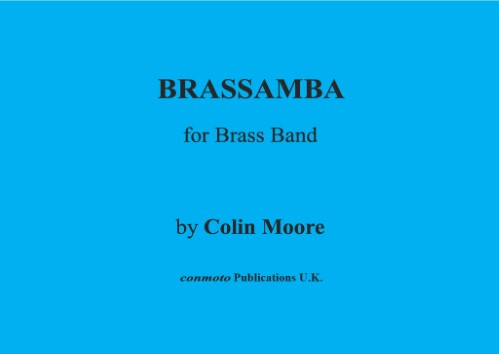 £8.50
£8.50BRASSAMBA (score) - Moore, Colin (1925-2019)
If you require further information on BRASSAMBA (score), please
In Stock: Estimated dispatch 1-3 working days
-
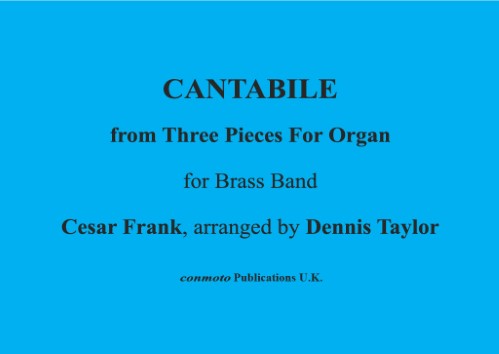 £8.50
£8.50CANTABILE (score) - Franck, Cesar (1822-1890)
If you require further information on CANTABILE (score), please
In Stock: Estimated dispatch 1-3 working days
-
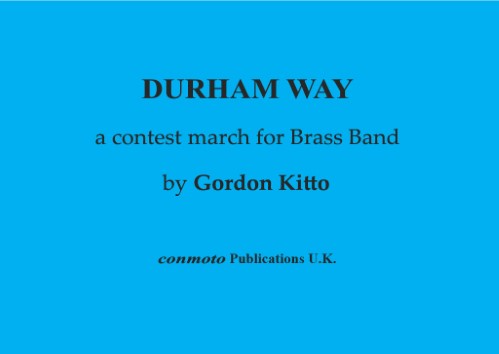 £8.50
£8.50DURHAM WAY (score) - Kitto, Gordon (1923-2000)
If you require further information on DURHAM WAY (score), please
In Stock: Estimated dispatch 1-3 working days
-
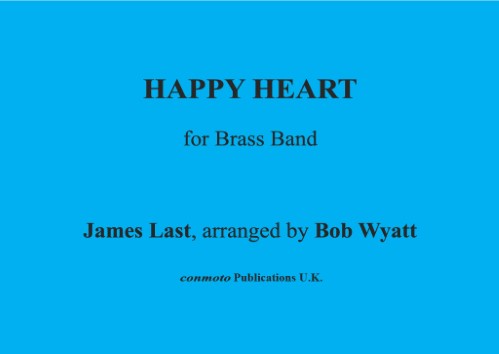 £8.50
£8.50HAPPY HEART (score) - Last, James (1929-2015)
If you require further information on HAPPY HEART (score), please
In Stock: Estimated dispatch 1-3 working days
-
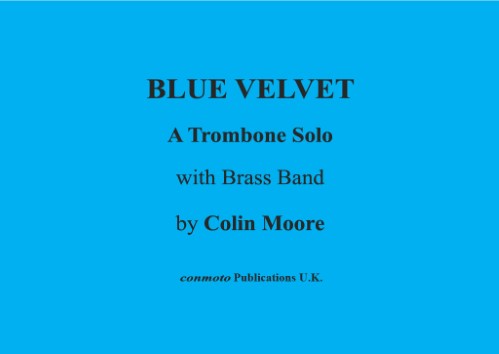 £8.50
£8.50BLUE VELVET (score) - Moore, Colin (1925-2019)
If you require further information on BLUE VELVET (score), please
In Stock: Estimated dispatch 1-3 working days
